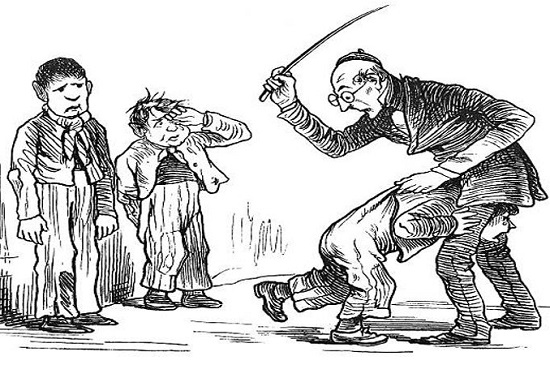As the totalitarians / utilitarians / technology-worshipers in our midst try to push us evermore towards a cashless society, we see situations like this occur, this time in Britishland:
The IT meltdowns suffered by Sainsbury’s and Tesco highlight the dangers of relying on cashless payments which puts our society ‘at risk’, experts have warned.
On Saturday morning, Sainsbury’s experienced a ‘technical issue’ which created chaos for thousands of people on one of the busiest shopping days of the week.
The supermarket chain cancelled online orders and couldn’t accept contactless payments – so shoppers either had to pay in cash, or scramble to try and remember their PIN.
While people desperately queued to use nearby ATMs, the dramatic uptick in cash withdrawal meant many of the machines ran out.
Many loyal shoppers turned to rival chain Tesco – it also experienced issues with online orders, with a small proportion being cancelled.
By the way, you don’t have to be an “expert” to see the inherent dangers of over-reliance on technology; you just have to be aware of the old maxim that to err is human, but to really fuck things up you need a computer. And we’ve all been there.
Nor am I a conspiracy theorist, but at the same time the odds of a “technology meltdown” occurring in the UK’s two largest supermarket chains at the same time are, wouldn’t you say, rather alarming.
In another context, if the flight guidance systems malfunctioned simultaneously in both United Airlines and Air France — two unrelated corporations — there’d be all sorts of alarm and governmental enquiry commissions, not to mention screaming panic in the headlines.
Nor would the scenario of malignant agency be simply dismissed as paranoia — but here we are, where people can’t buy food for their families because of a “meltdown”.
You’d think that we’d have learned this little lesson during the previous lockdown, where all sorts of nonsense happened because “everyday life” was dislocated.
But we haven’t.
Just wait till Ford and Mercedes together experience “system failure” in their driverless car fleets…
Technology can be our friend, and often is. But over-reliance on technology means it often isn’t. Remember, the acronym MTBF (mean time between failures) is often used for reassurance, but it also presupposes the existence of failure.
Like what happened at Sainsbury and Tesco — simultaneously.
Update: And now Greggs, too.





